International
10th September 2025
SHARE
The uprising against the authoritarian over reach of the Indonesian government has been one in blossom over the past two years with large scale revolutionary action taking place across the nation's array of islands and wide range of cultures and communities. These actions have been organised by groups across the political spectrum with anarchists and adjecent individuals and collectives being a grass root element across the board. In Pejompongan, Jakarta, on 28 August during a labour demonstration, the police ran down and killed Affan Kurniawan, a hard working and well liked delivery driver. The footage is horrific, the action inexcusable. It was a murder in front of thousands. The country erupted in grief and anger leading to the ongoing state of play. Moments decribed by our local correspondant as "by far the most anarchistic national revolt for decades". Over the past few days, palaces have been ransacked, the halls of government put to the torch, police have used live ammunition and yet the people, young punks and mothers, tradies and shop keepers, they keep filling the streets and refusing to take it. At time of writing seven have died during this uprising: May their passing never be forgotten. Indonesia: Situation Update for September 1 The situation calmed down somewhat last night, but protests have resumed with renewed vigor: Clashes in Ternate, Senin, and Palopo - Tense situation in Bandung, Makassar, Siantar, etc. The government is considering the application of martial law. Clashes continue in Kaltim, Aceh, Sukabumi, Binjai, and Gorontalo. The level of repression is increasing with the deployment of police forces and the infiltration of plainclothes officers. Since August 25, at least six people have died and 3,000 people have been arrested. Clashes at Unisba University in Bandung yesterday evening, where police entered the campus. As Anarchists around the world, as we might delight in cathertic jouissance, inspiring moments, movements, and people, we must also keenly educate ourselves and those around us, speaking beyond and through the riot porn, to share the politics and struggle of our comrades in Indonesia and where possible contribute material and political solidarity, which will help see them through to victory and an end to the violent authoritarian brutality of the government they fight. Statements: Context and Understanding: Other Massive respect to Fuck Yeah Anarchist Posters for compiling and sharing the following posters which make up just a small number of the recent revolutionary art that Indonesians creatives have put out. We don't claim any ownership of these and the sources vary. The following photography is sprunged from across the internet and is shared here under fair use.
We have split this page into sections: A brief update, Important Links, Protest Art, and Photos.
Affan Kurniawan
Sarina Wati
Saiful Akbar
Muhammad Akbar Basri
Rheza Sendy Pratama
Sumari
Rusdamdiansyah
"A Makassar toll officer couldn't help but cry hysterically after seeing his guard post damaged and burned."
(02 Sept 2025 - Abolish Parliament! - Perhimpunan Merdeka
(02 Sept 2025) Obstruction of Legal Assistance for Protesters... - LBH Bandung
(01 Sept 2025) State Violence Emergency: Stop Repression against Protesters in West Java - LBH Bandung
(31 August 2025) Statement on Digital Repression - SAFEnet
(30 August 2025) Proclamation of the Indonesian Federalism Revolution 2025 - Various
(29 August 2025) - on the Brutality of Policing in Indonesia. - #MTA Friends of Myanmar
(28 August 2025) - On The Ongoing Crackdown Against West Papuan Activists - Merdeka
(04 Sept 2025) Voices from the Uprising in Indonesia - CrimethInc
(03 Sept 2024) Inside Indonesia's Growing Class Struggle - Counterpunch
(July 2025) Indonesia is NOT in Darkness - An Indonesian Anti-Fascist
(March 2025)Indonesia Strikes Back - PeterÓ Máille
(Sept 2024) Anarchists on the Wave of Protest in Indonesia - CrimethInc
Current News and Informations:
(01 Sept 2025) Indonesia uprising: “A collective eruption of rage” - Freedom News
(30 August 2025) Antigovernment Protest Sweep Indonesia - Sub.Media
(29 August 2025) Archipelago of Fire - Dark Nights
Call to Action:
(03 Sept 2025) Call to Arms: Insurrectionary Solidarity with Indonesia - Federasi Informal Anarkis(Indonesia)
(30 August 2025) - Protecting the Right to Protest: International Solidarity with Indonesia - Various
(N/A) ISHN Firefund - Indonesian Safe House Network
(N/A)Tritone Generator
For creating images using the colours of the movement, Resistance Blue, Brave Pink and Hero Green.
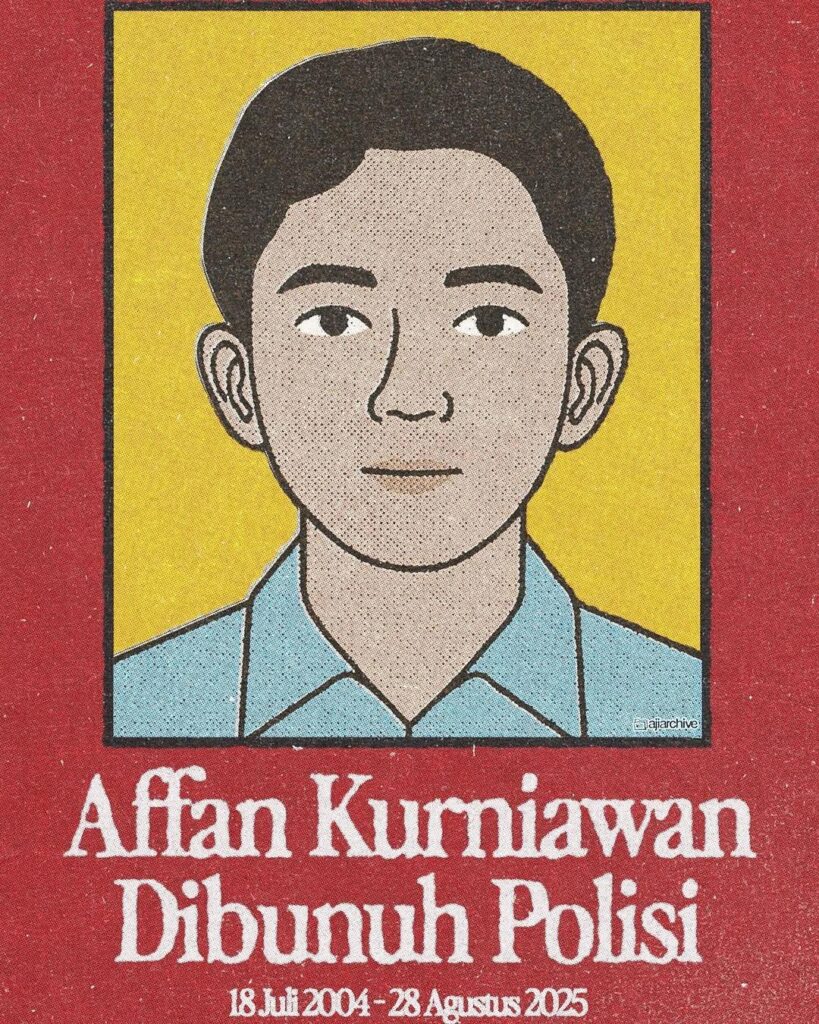
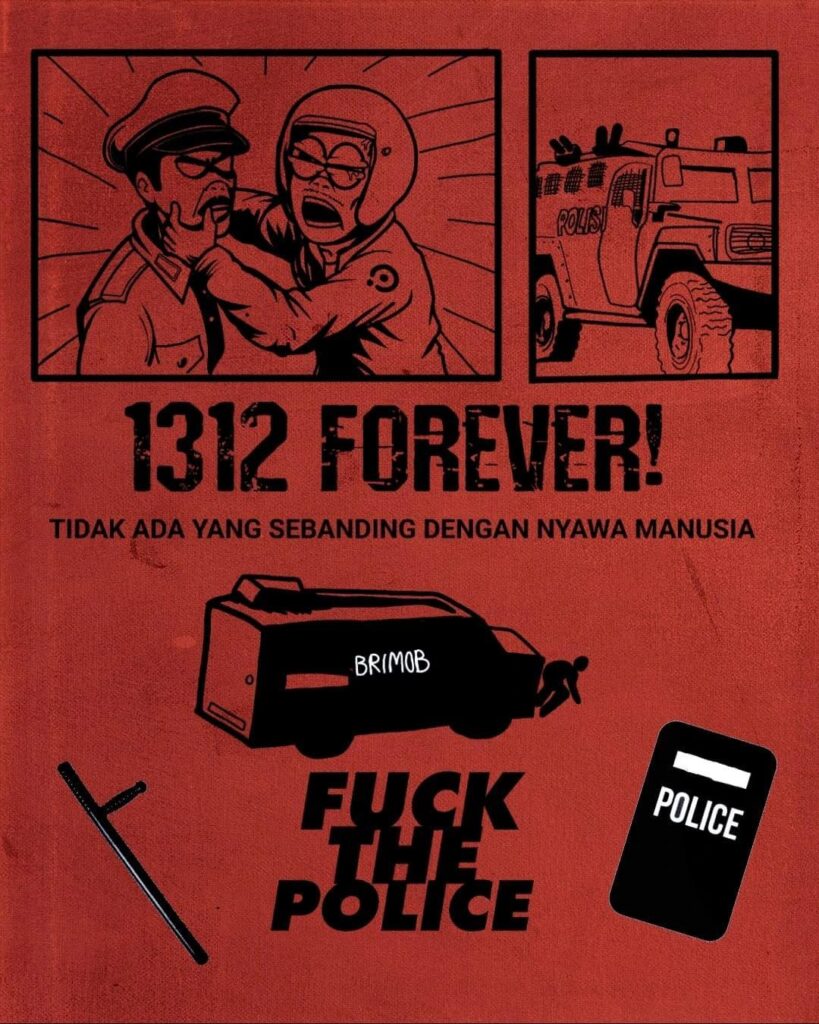

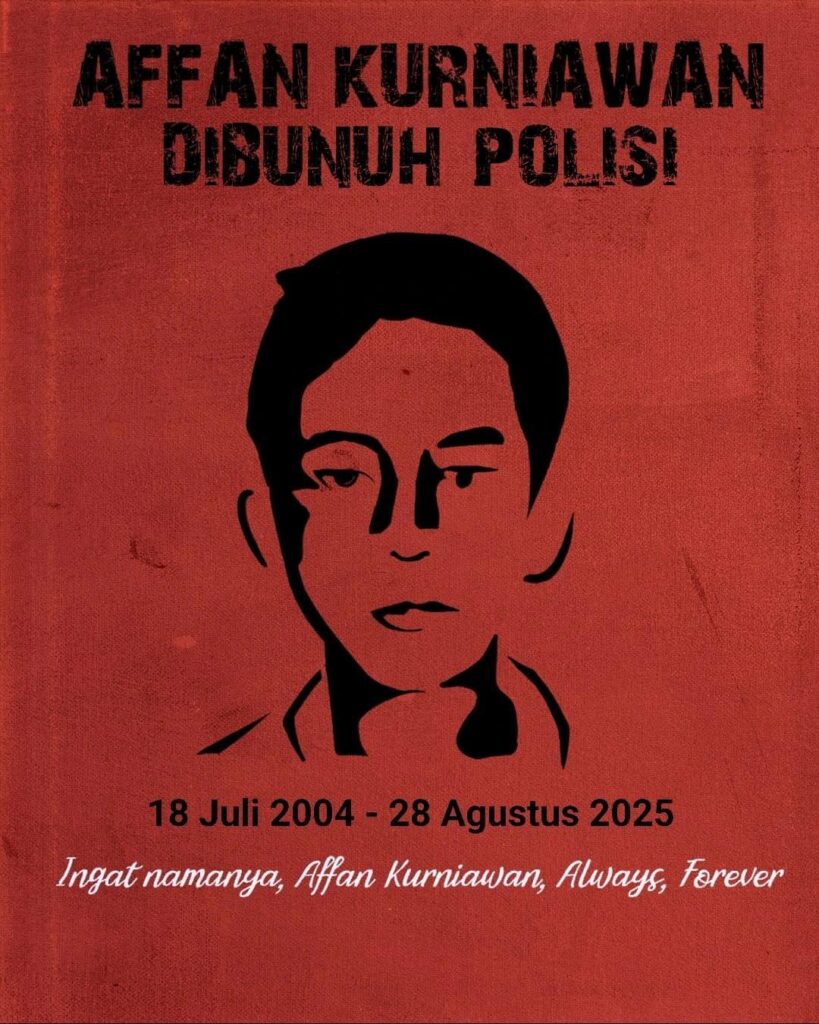

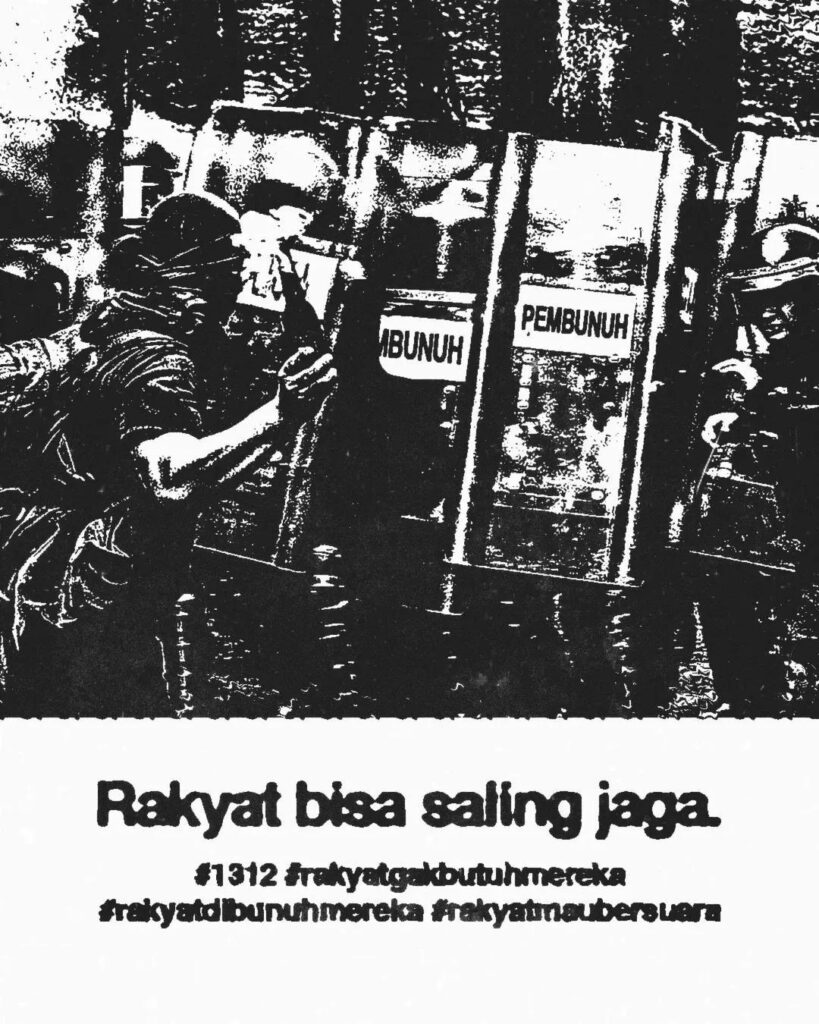

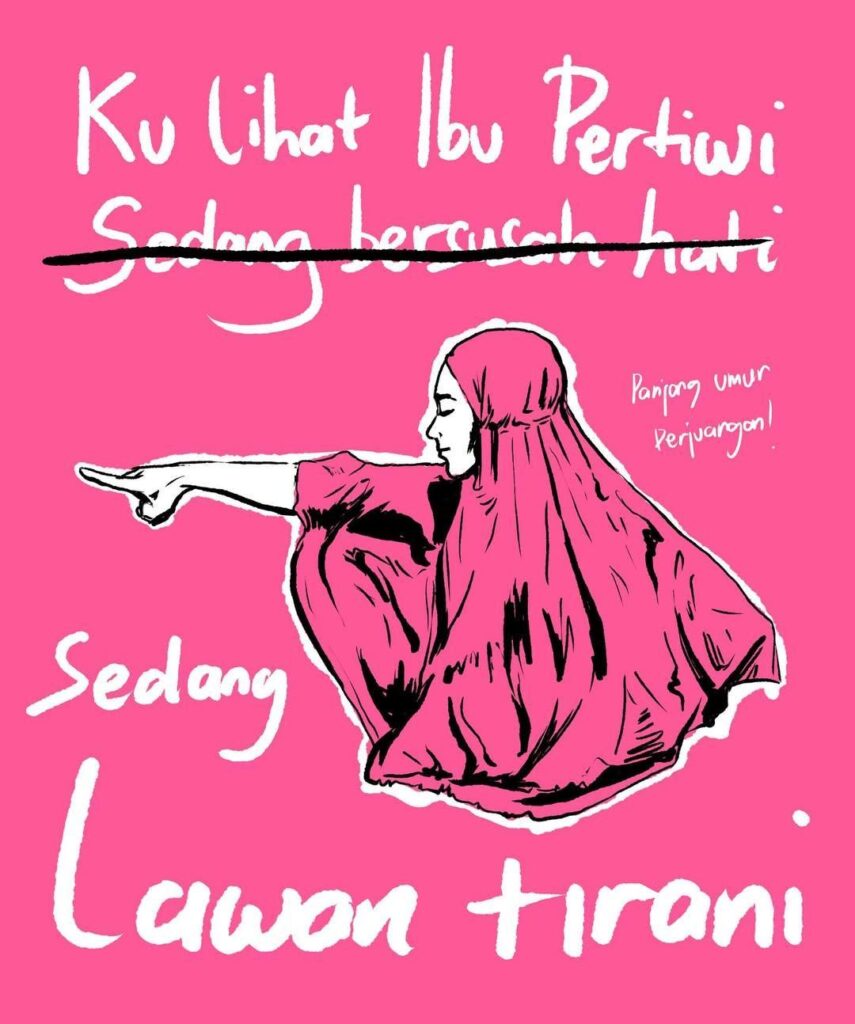
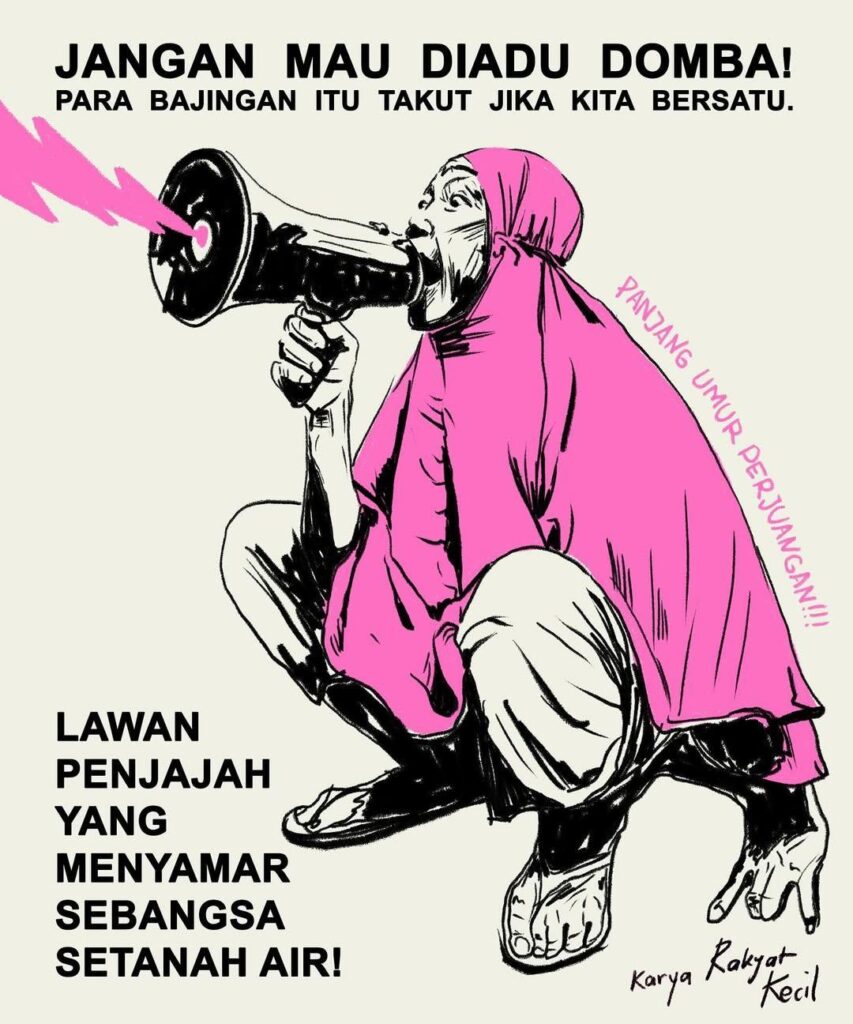



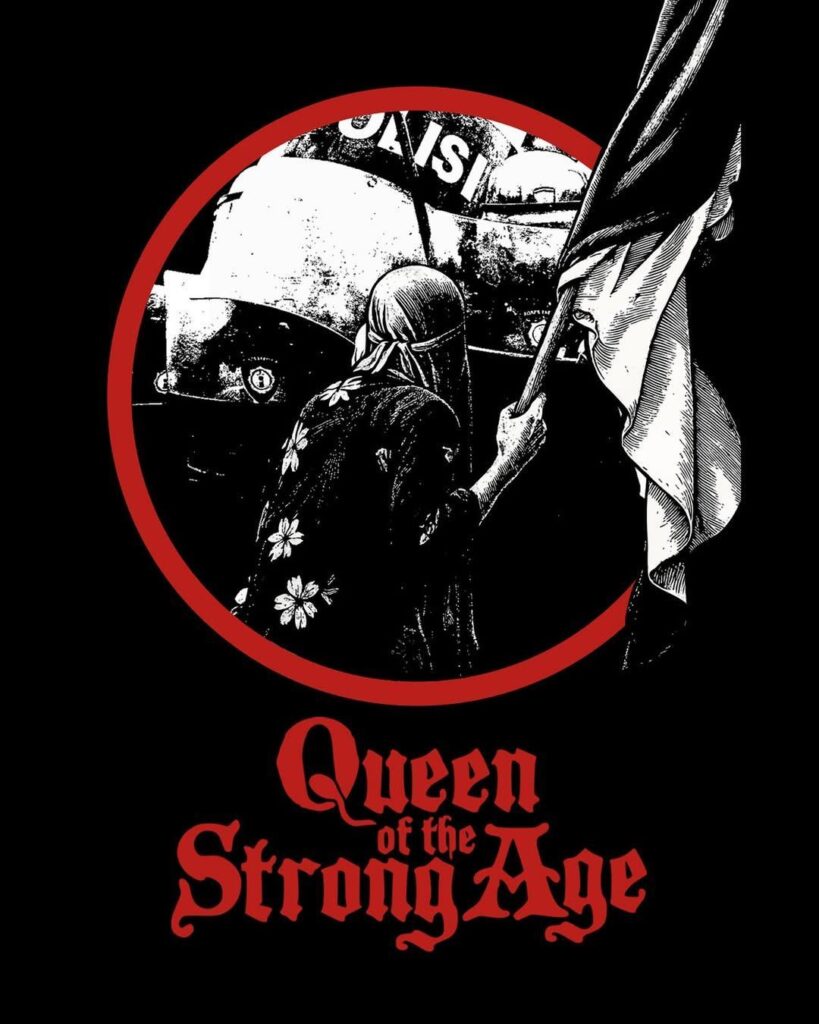
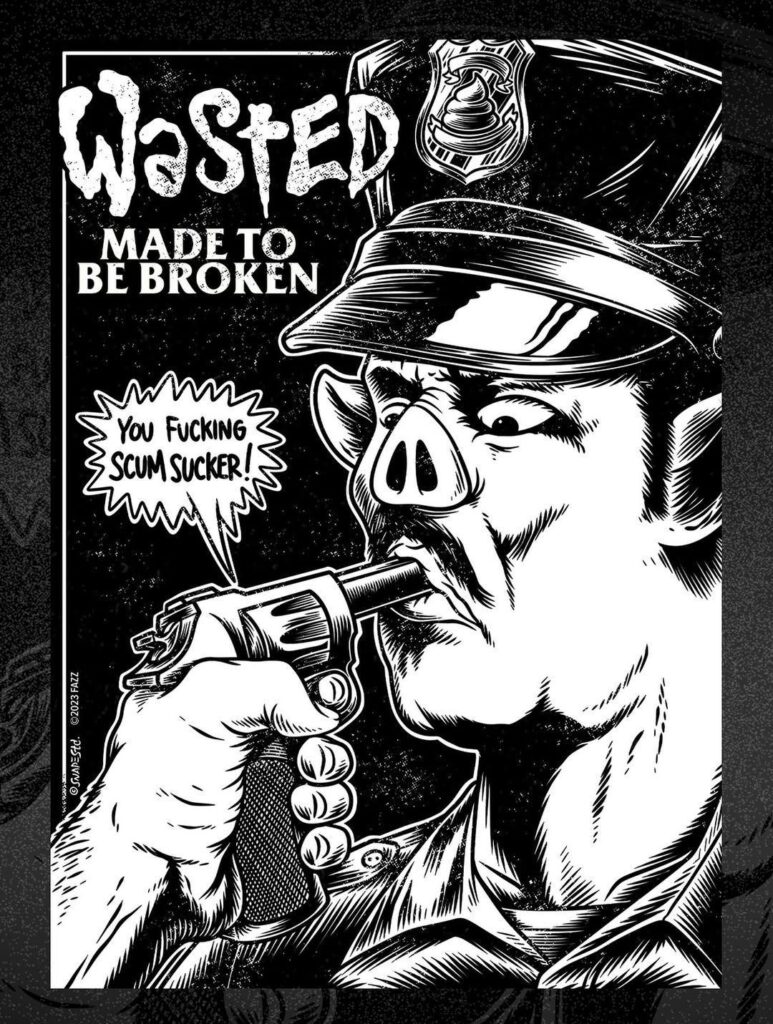
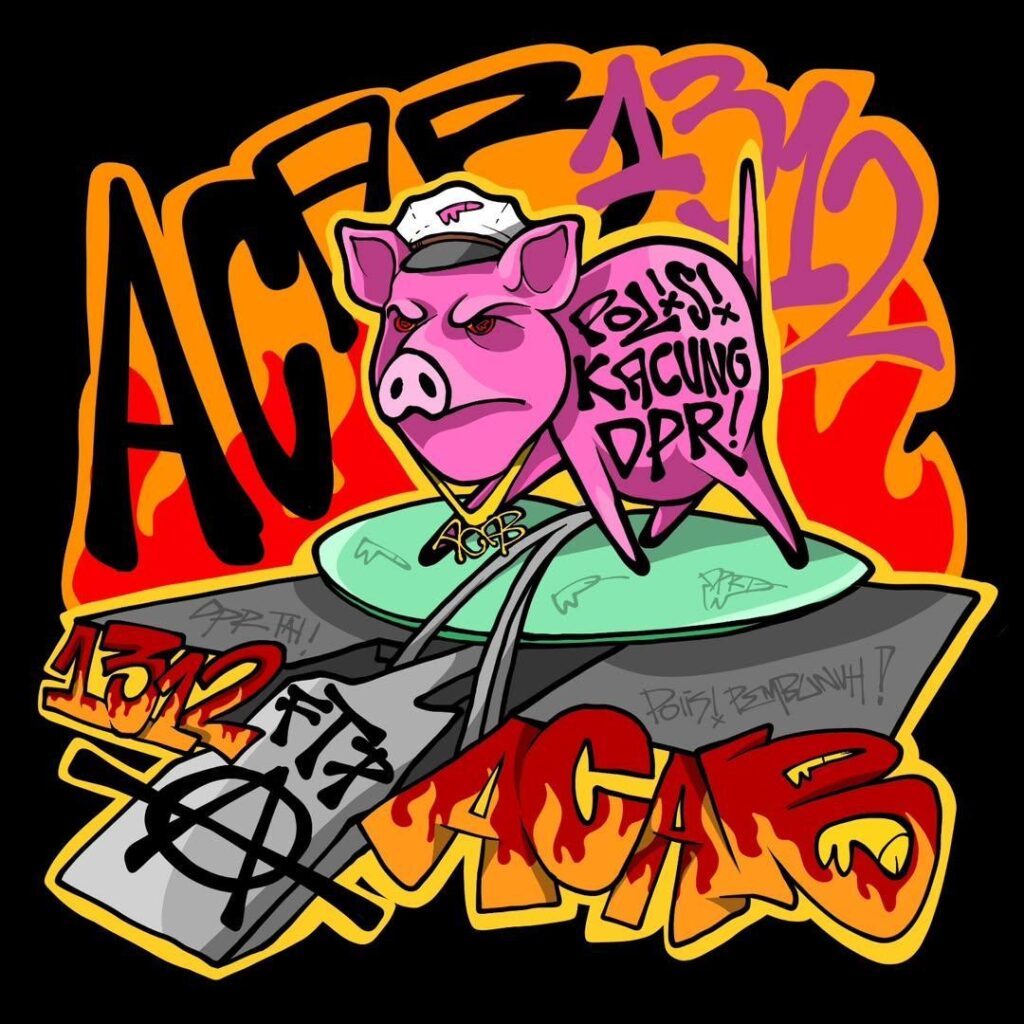
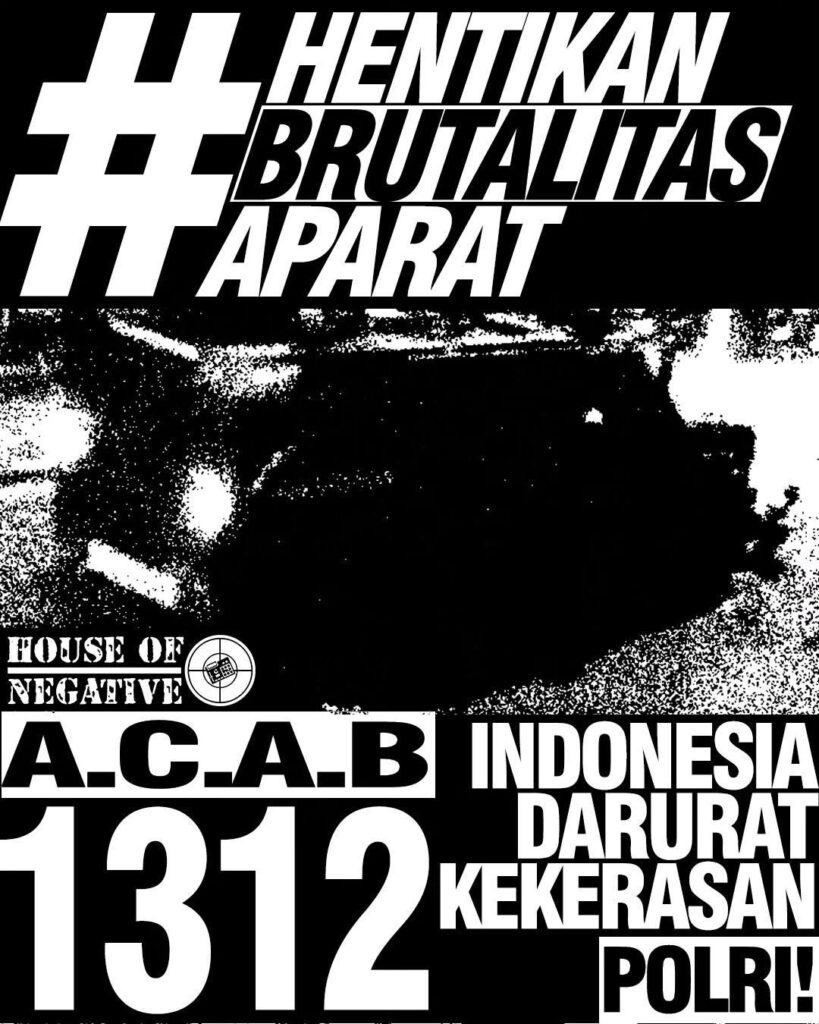
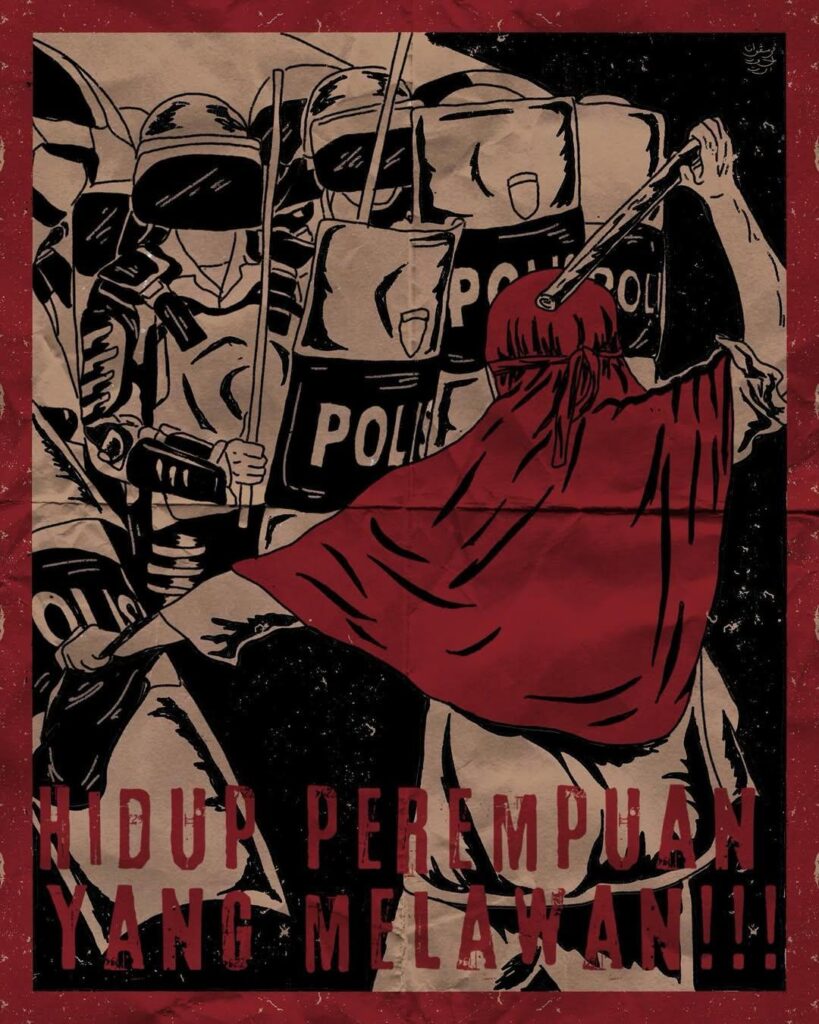
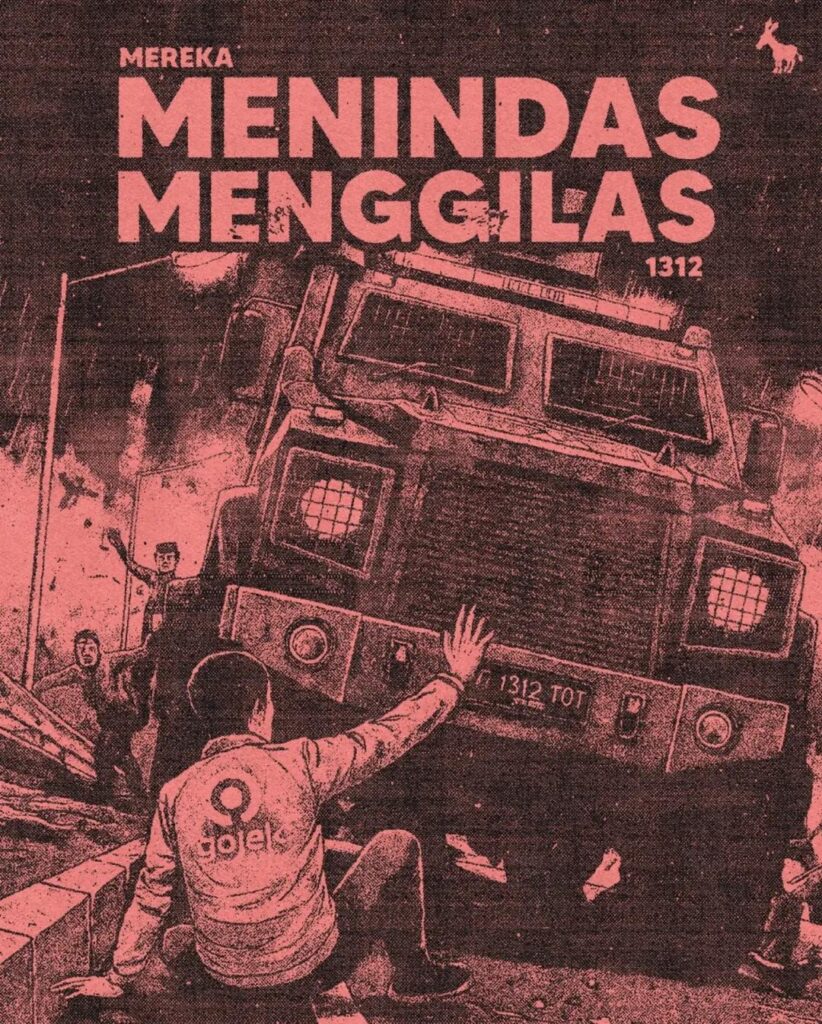
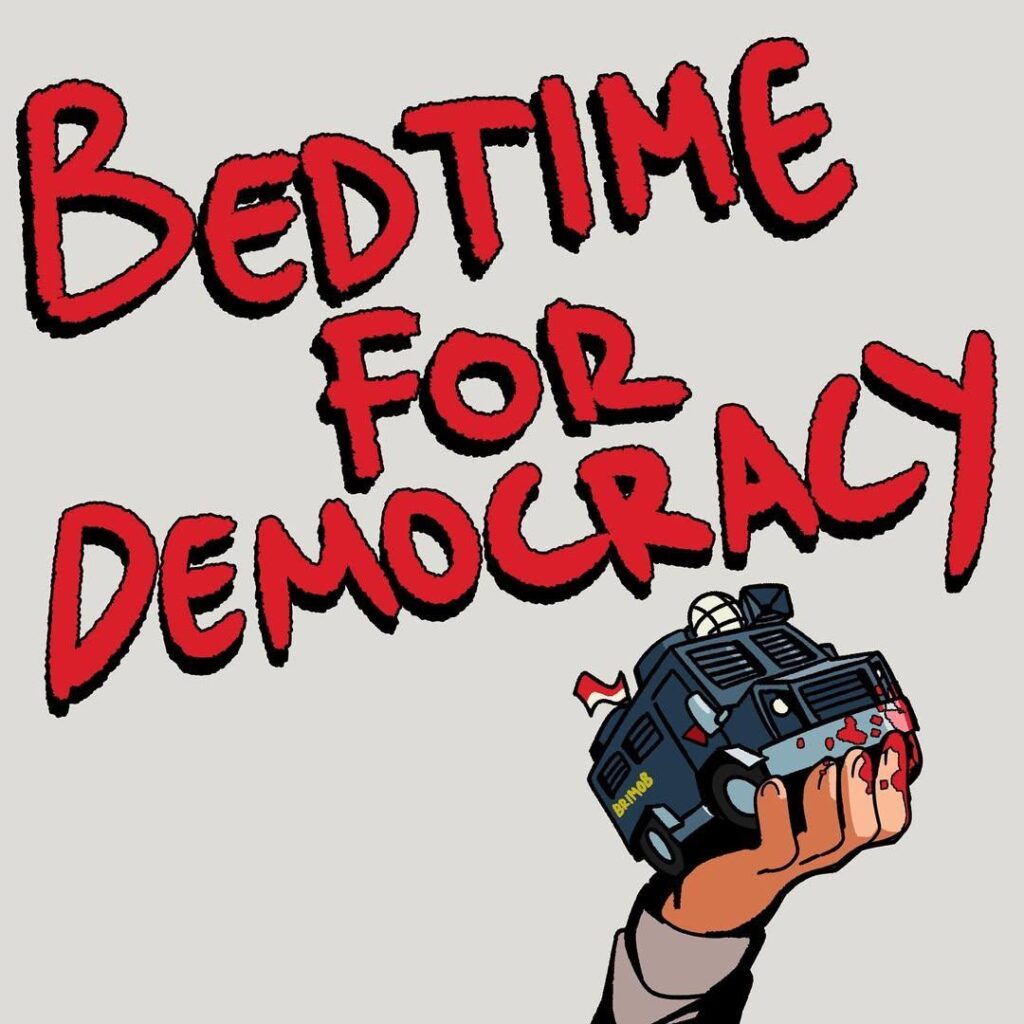
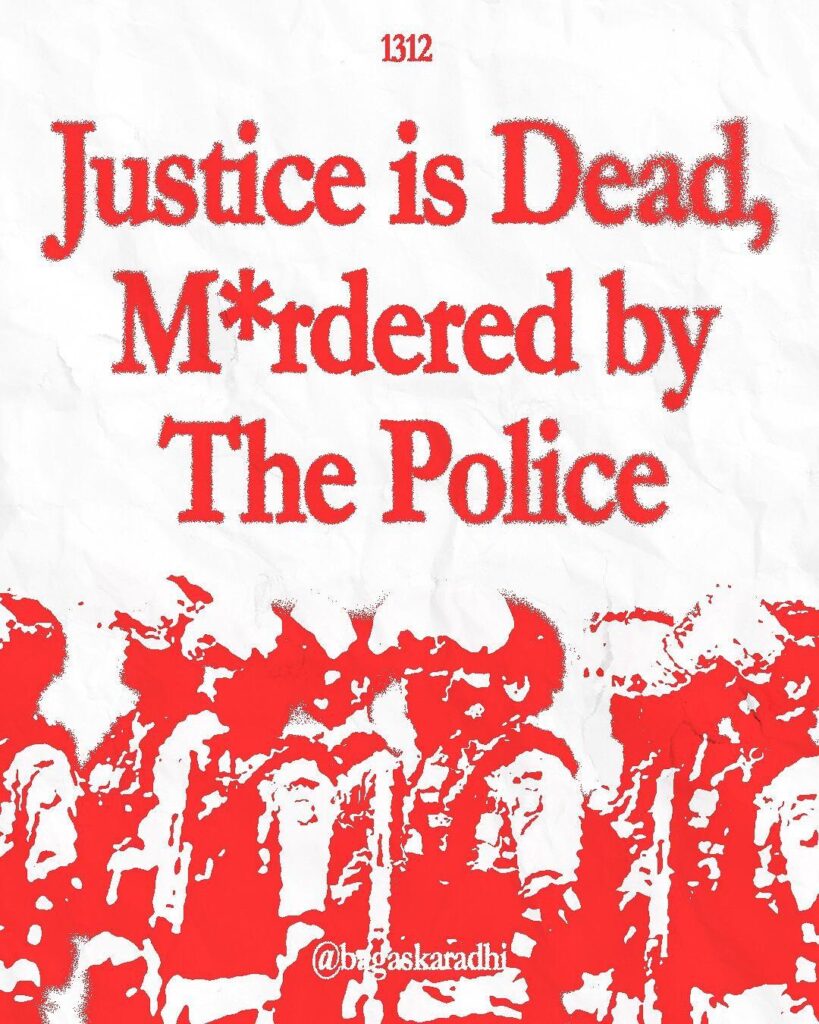
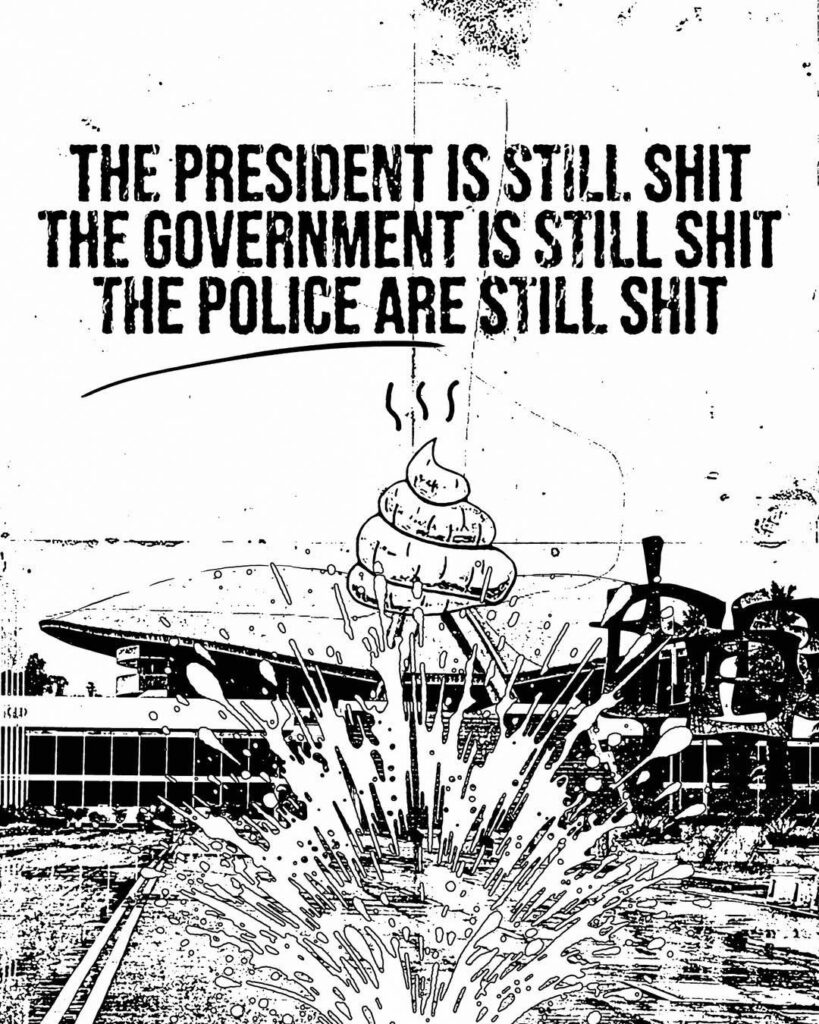

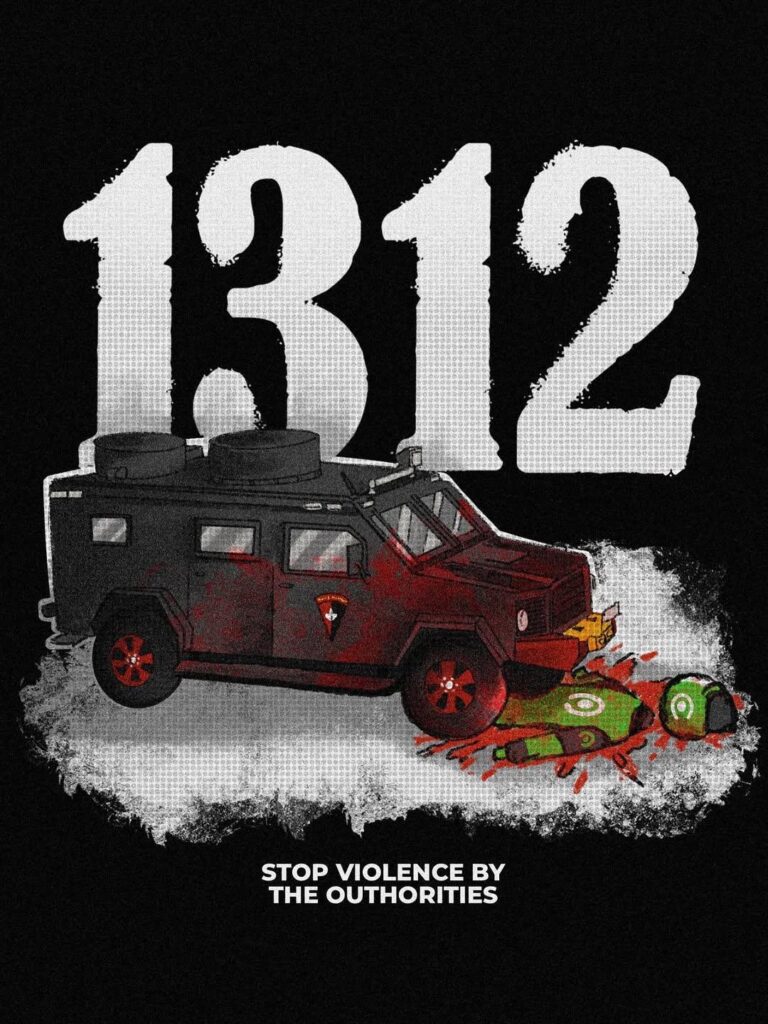
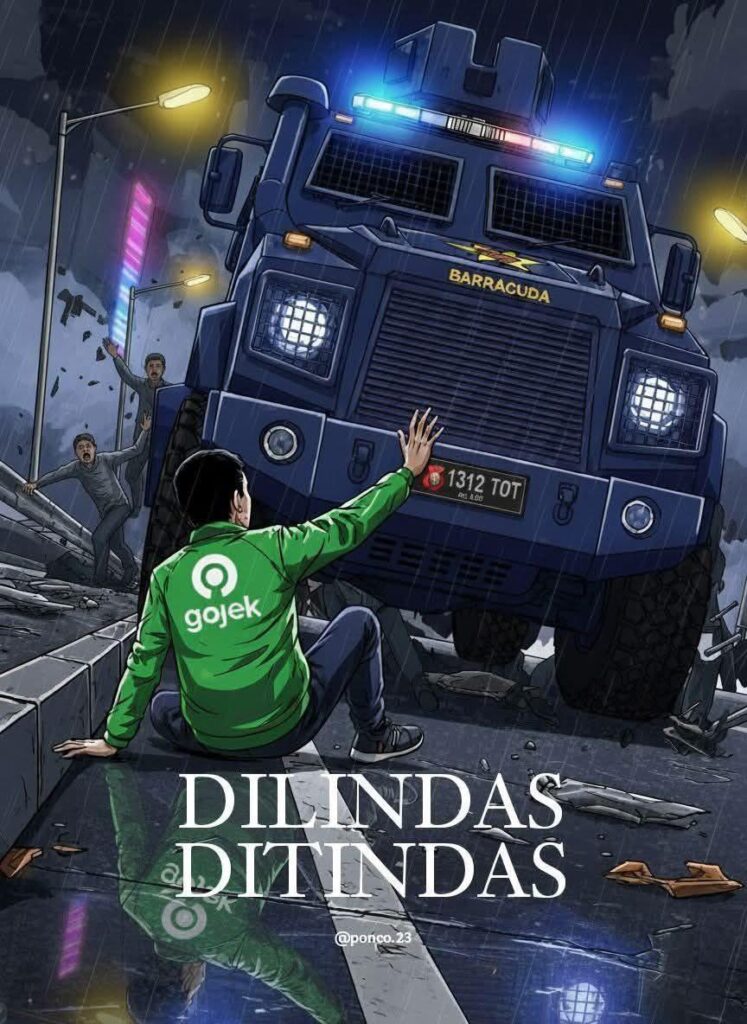
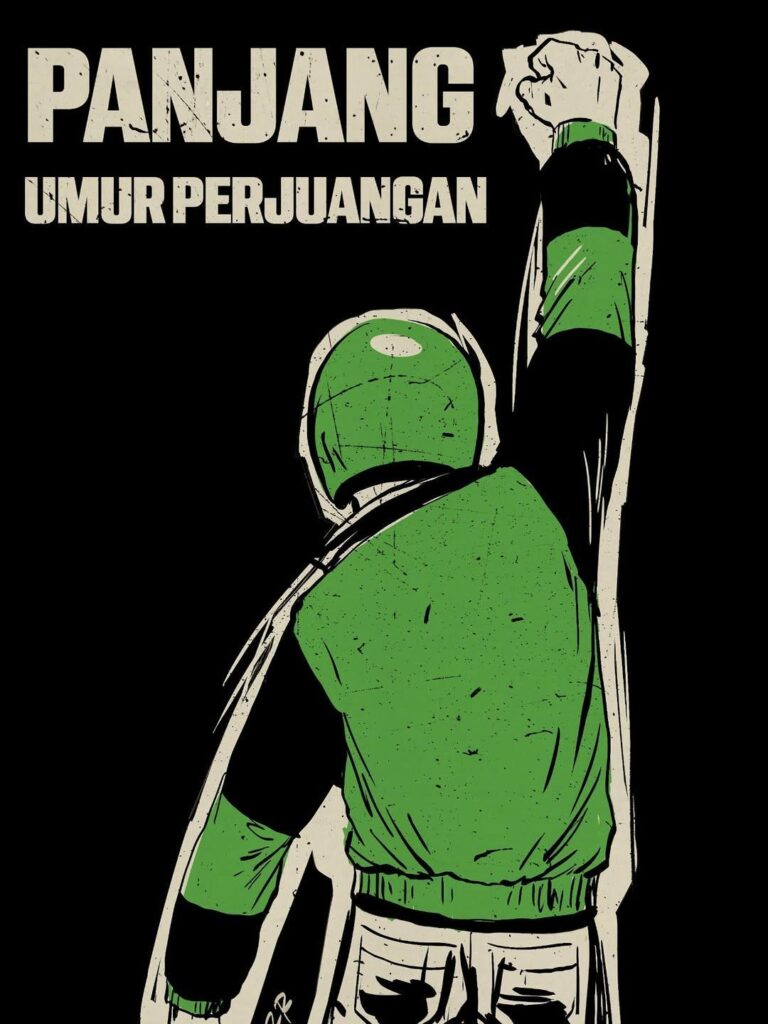
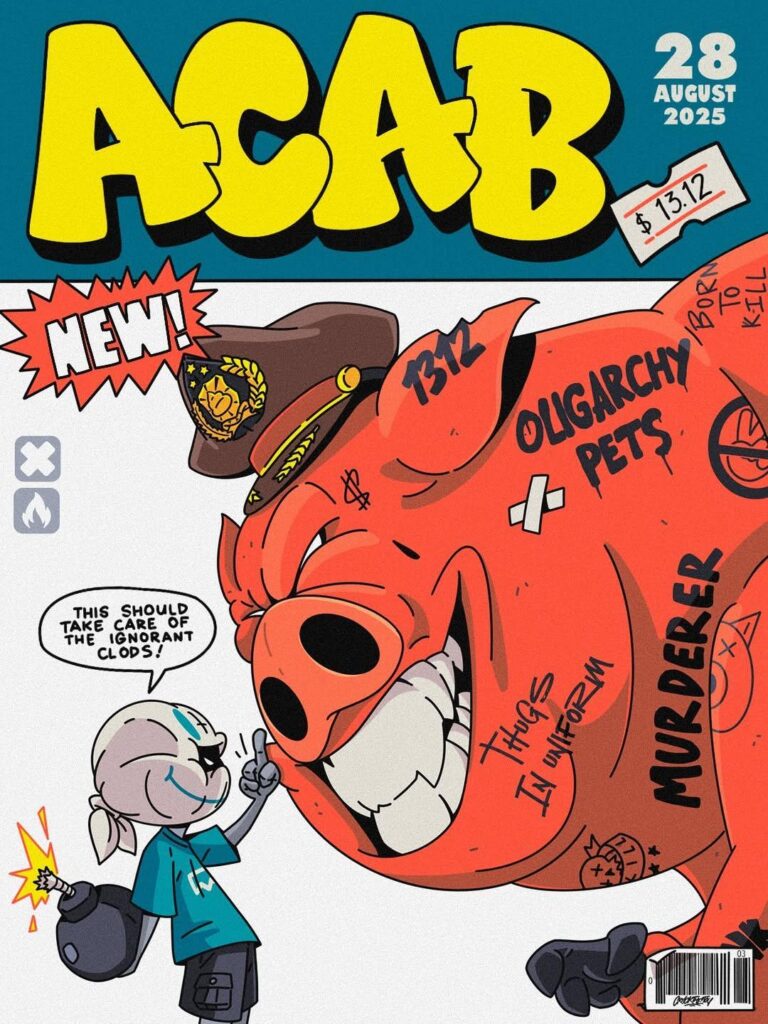
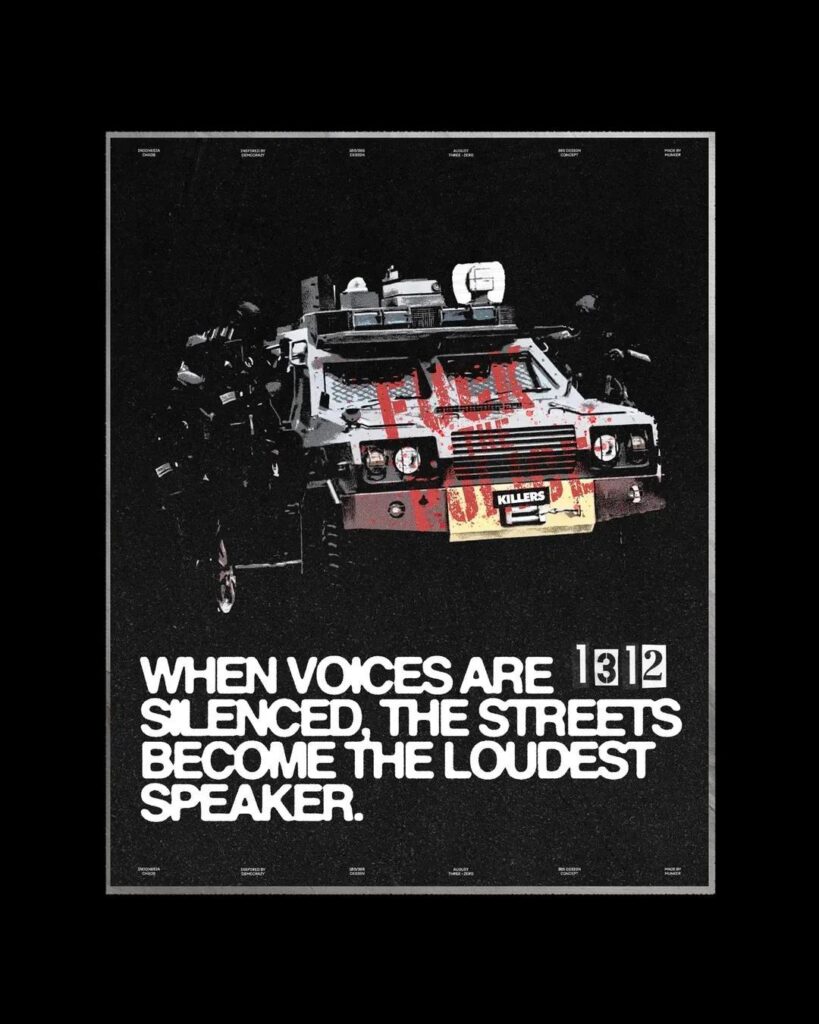

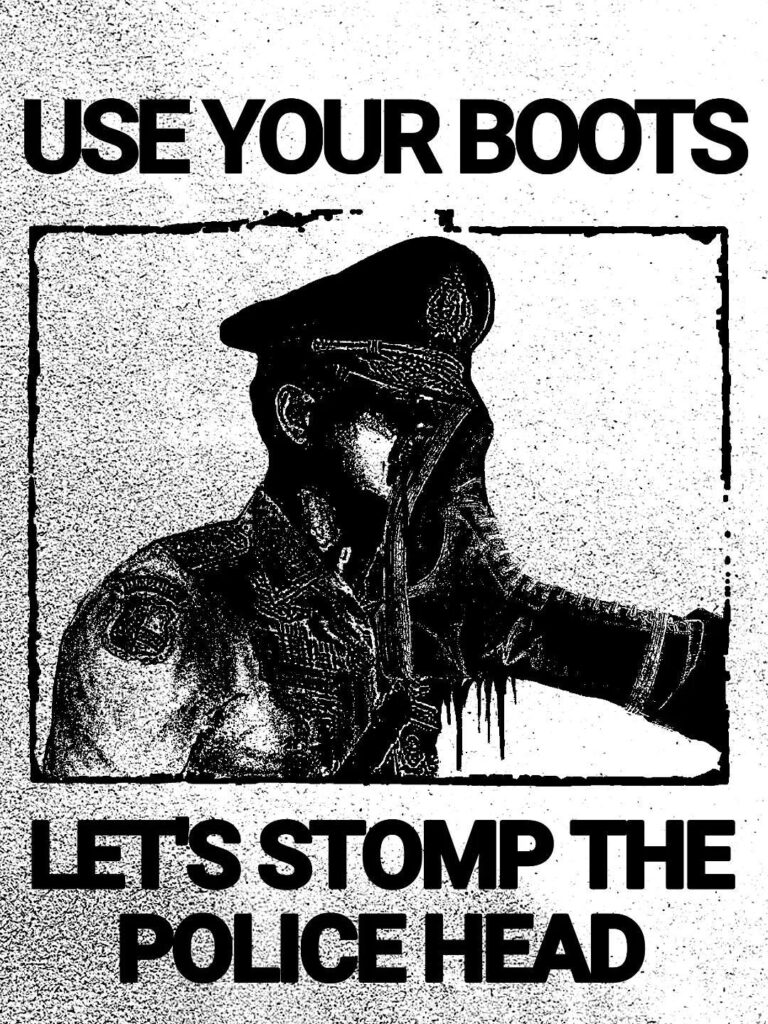
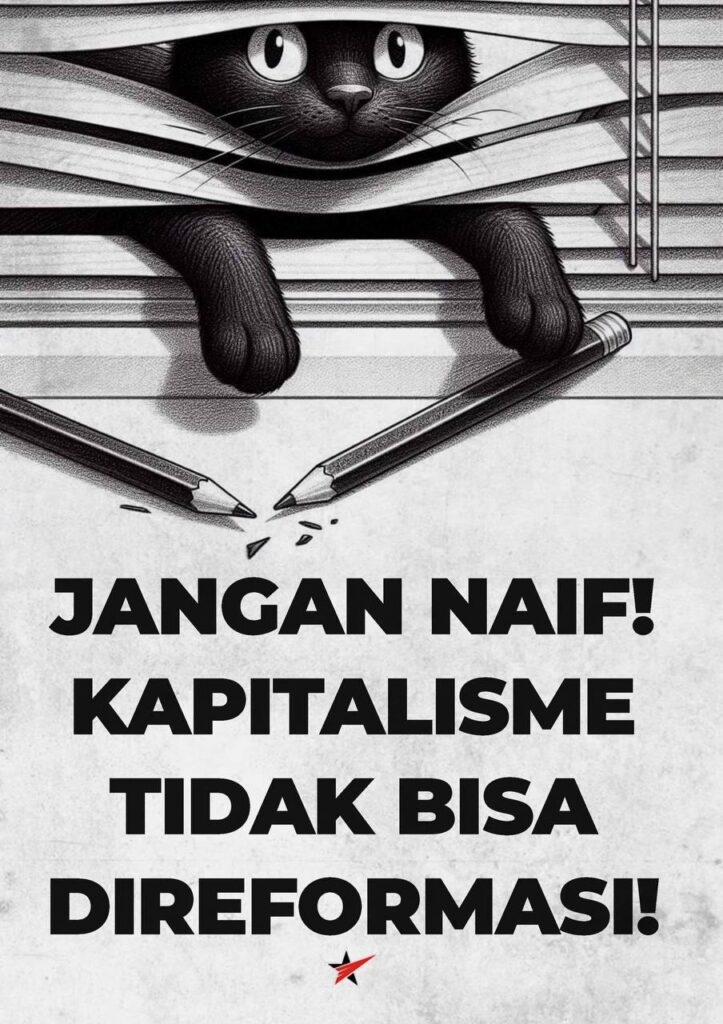
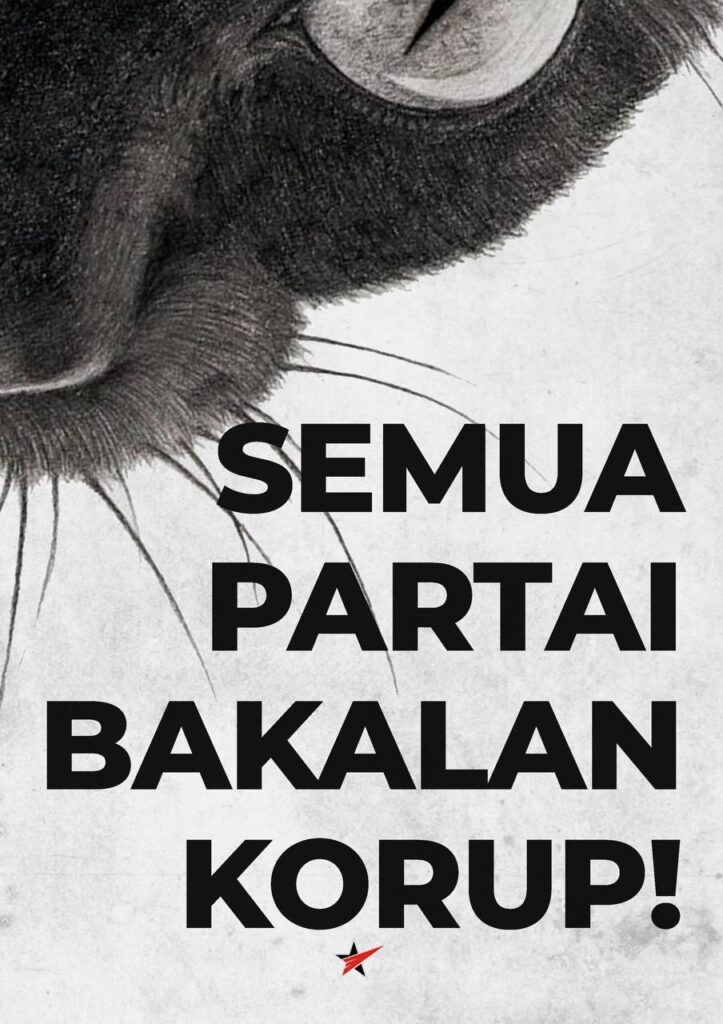
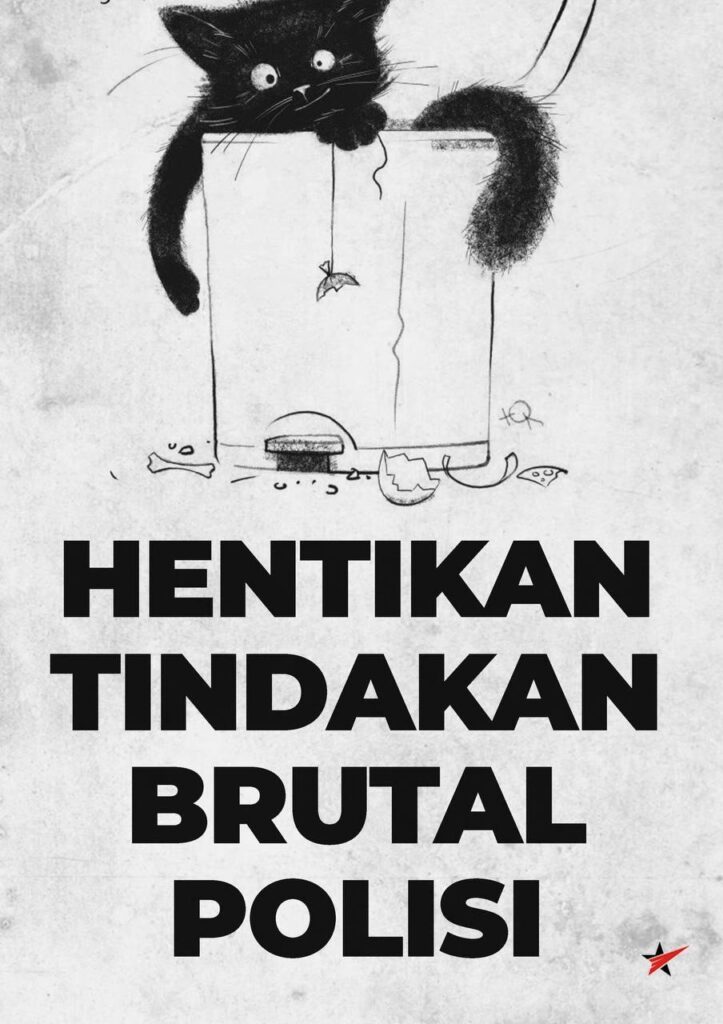
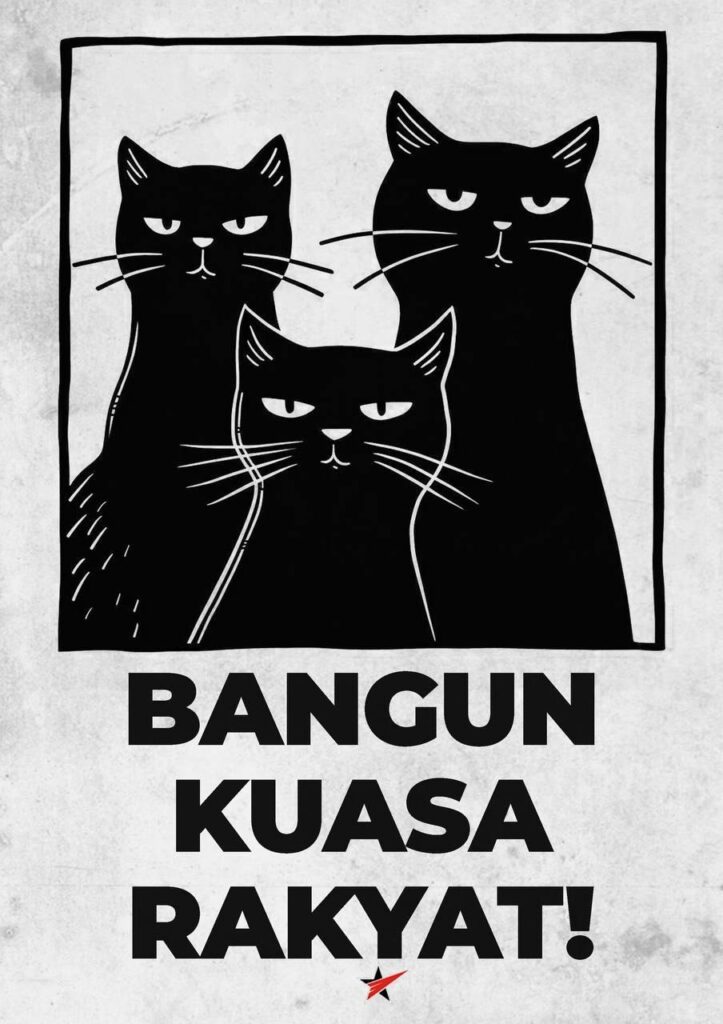
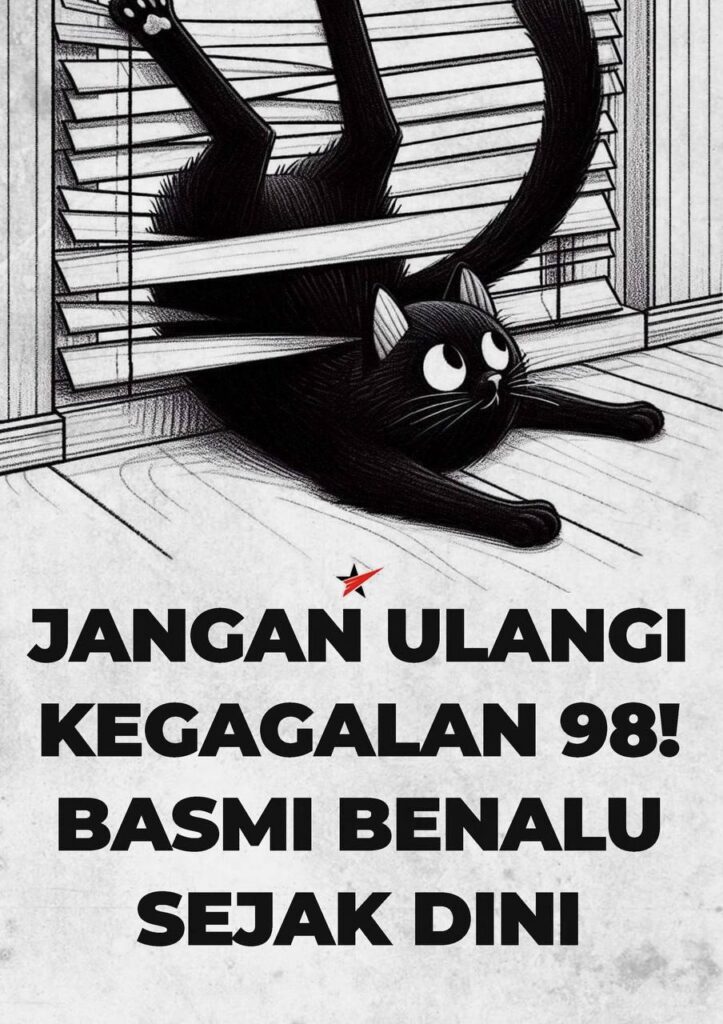
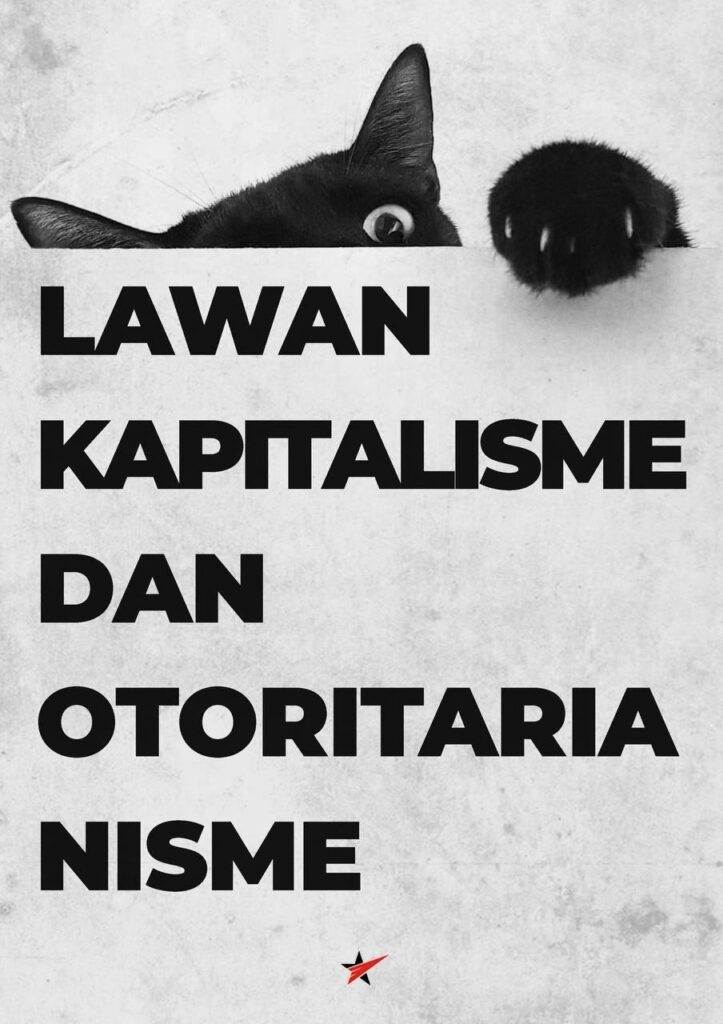
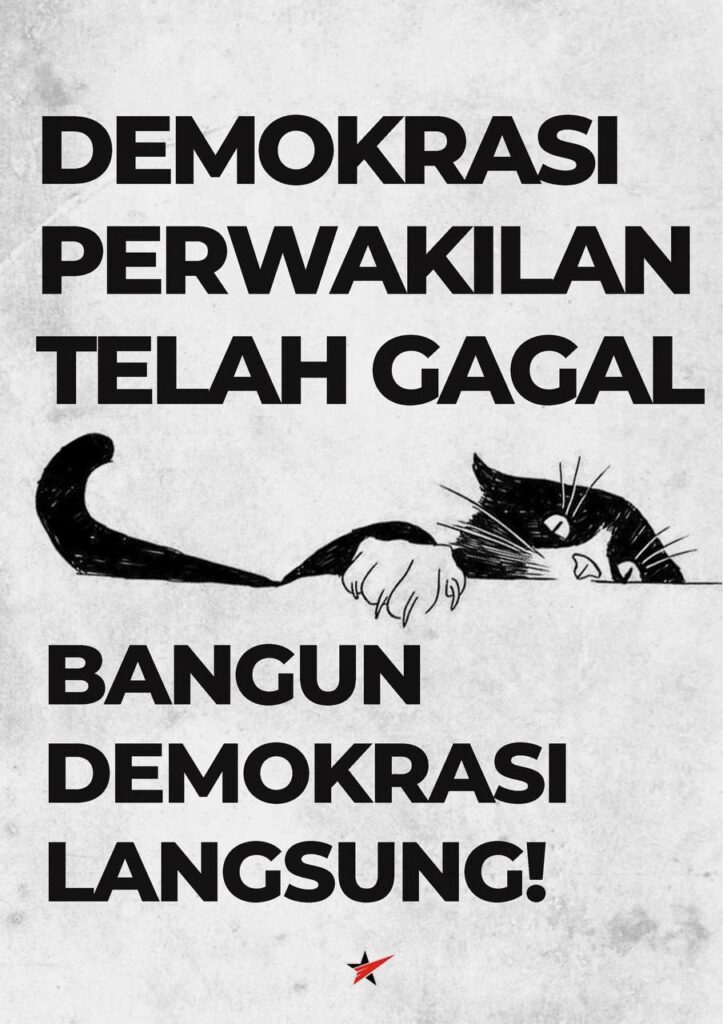
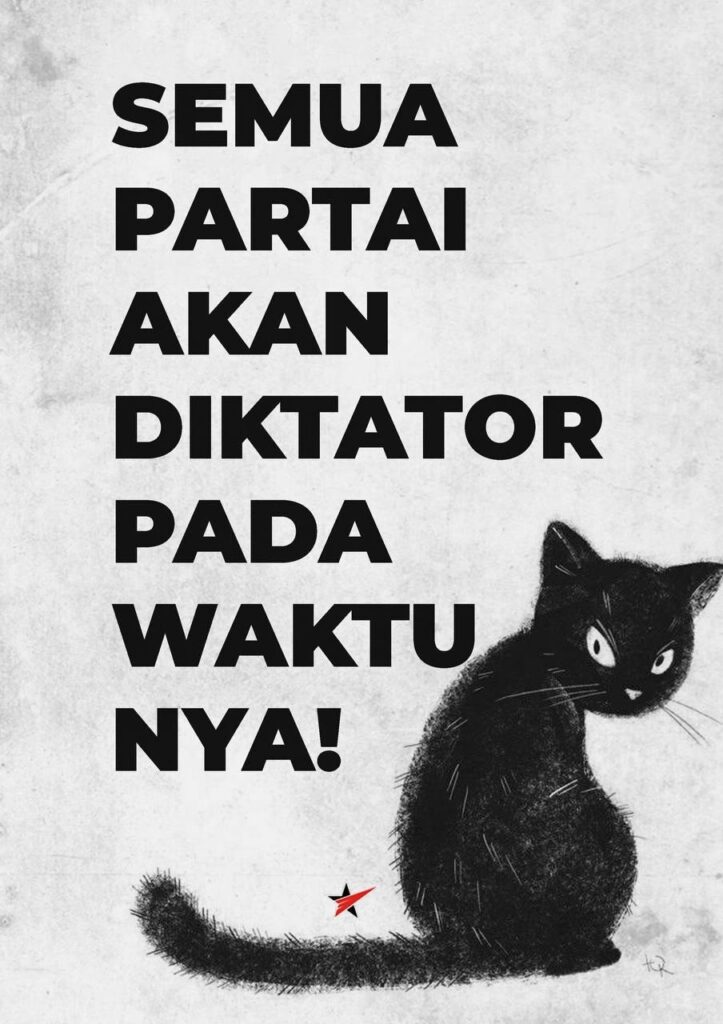
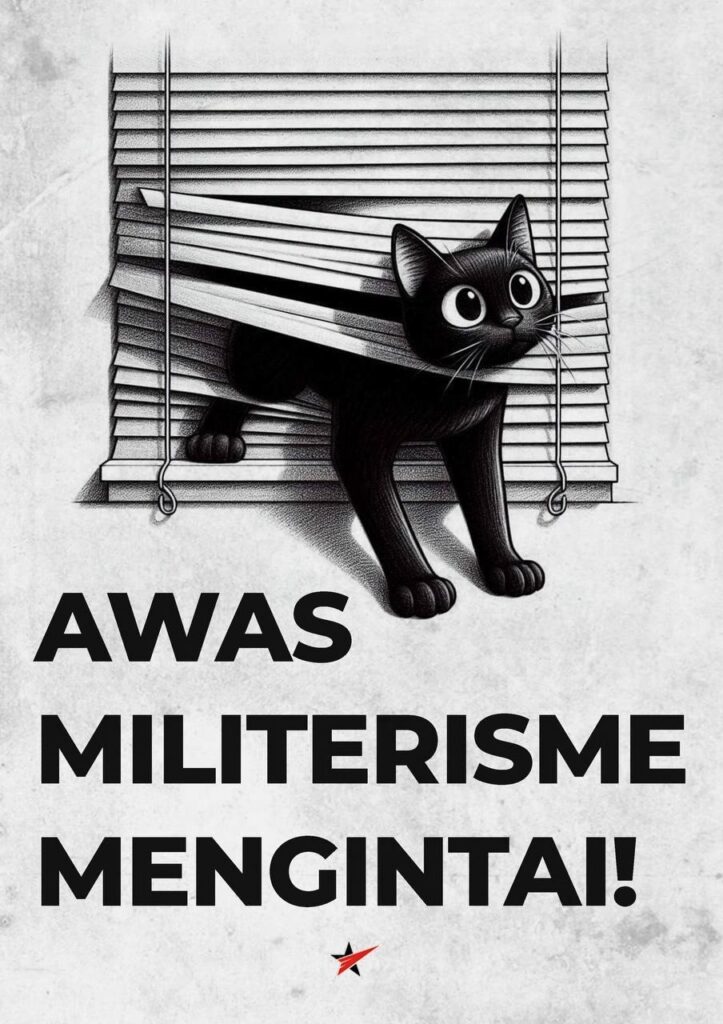
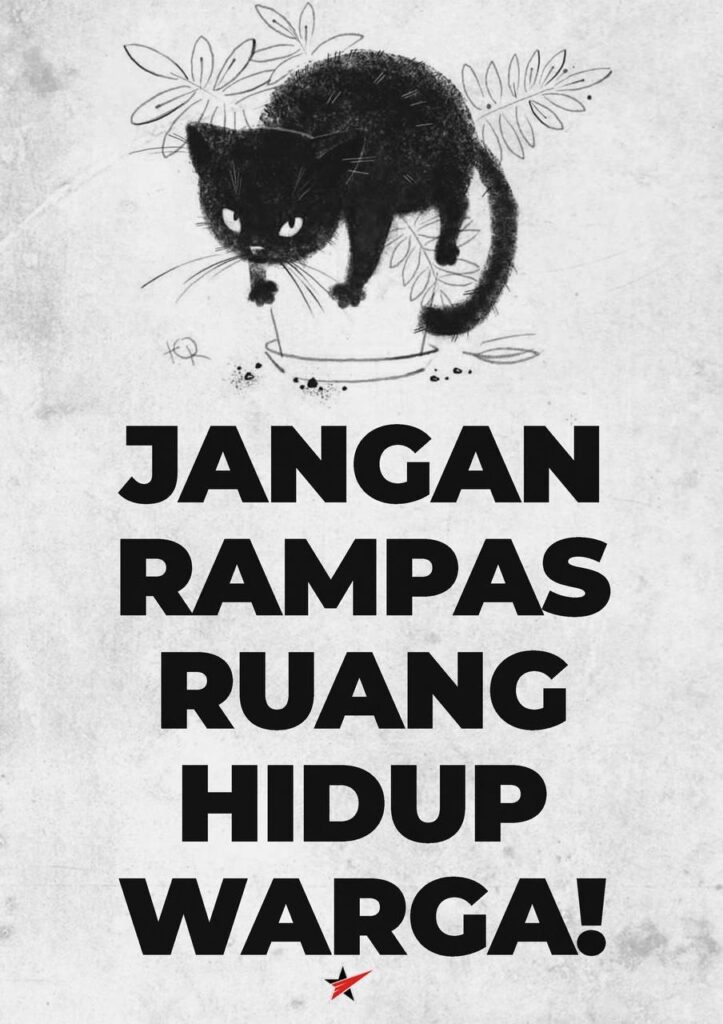
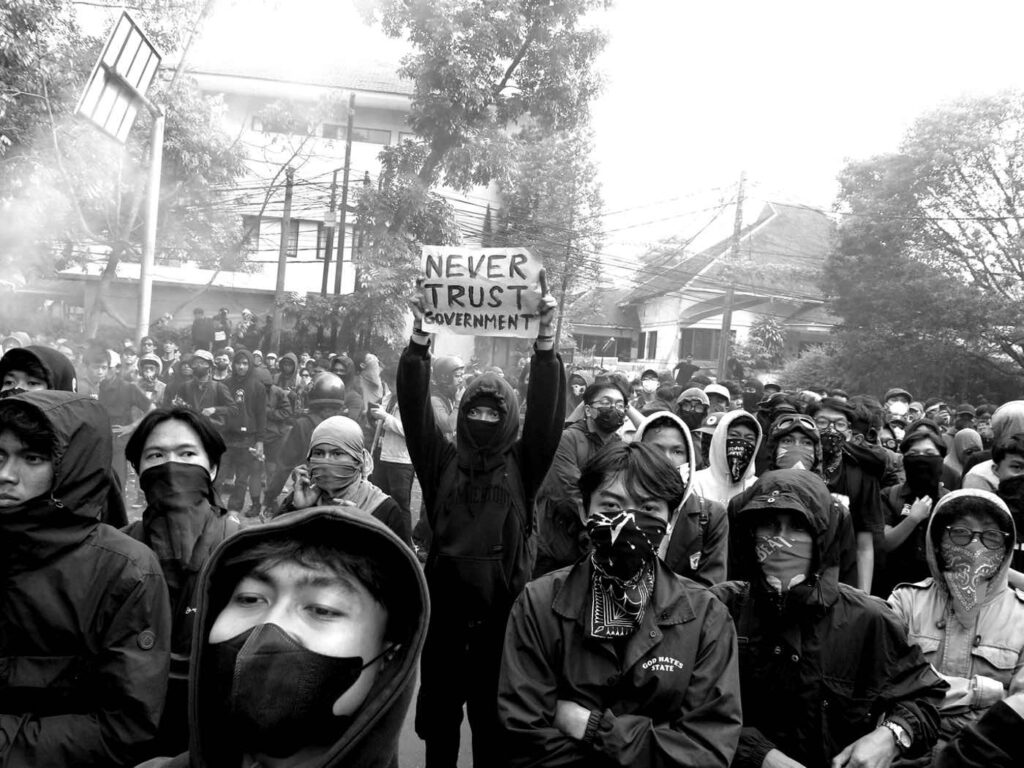
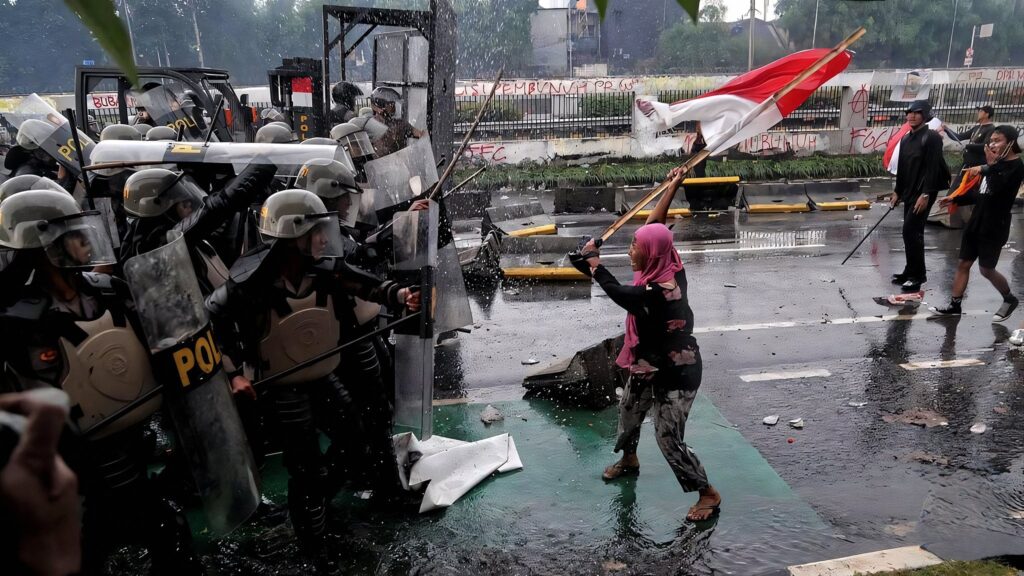


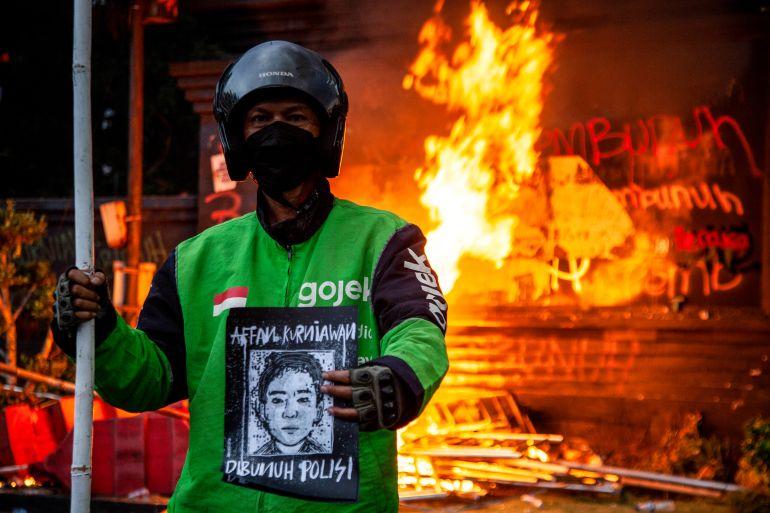

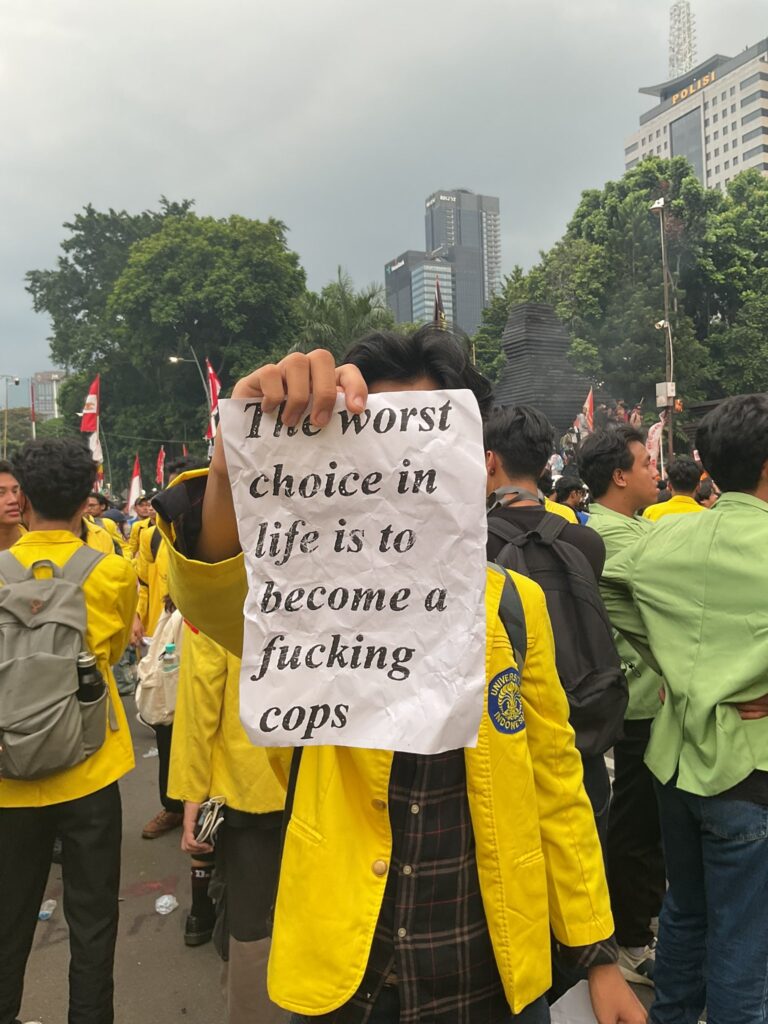

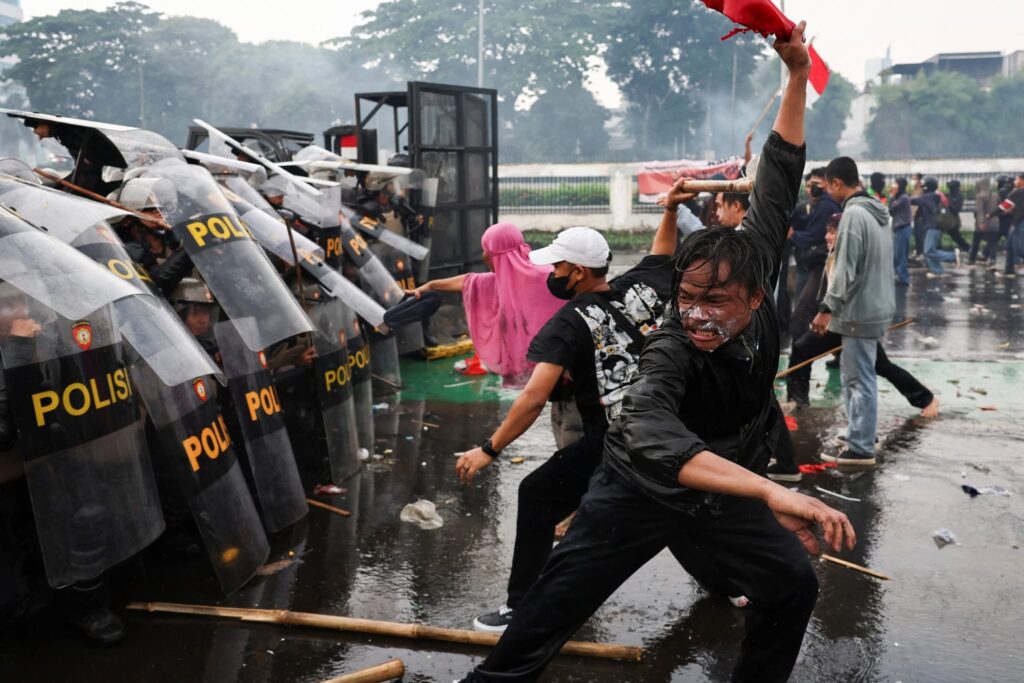

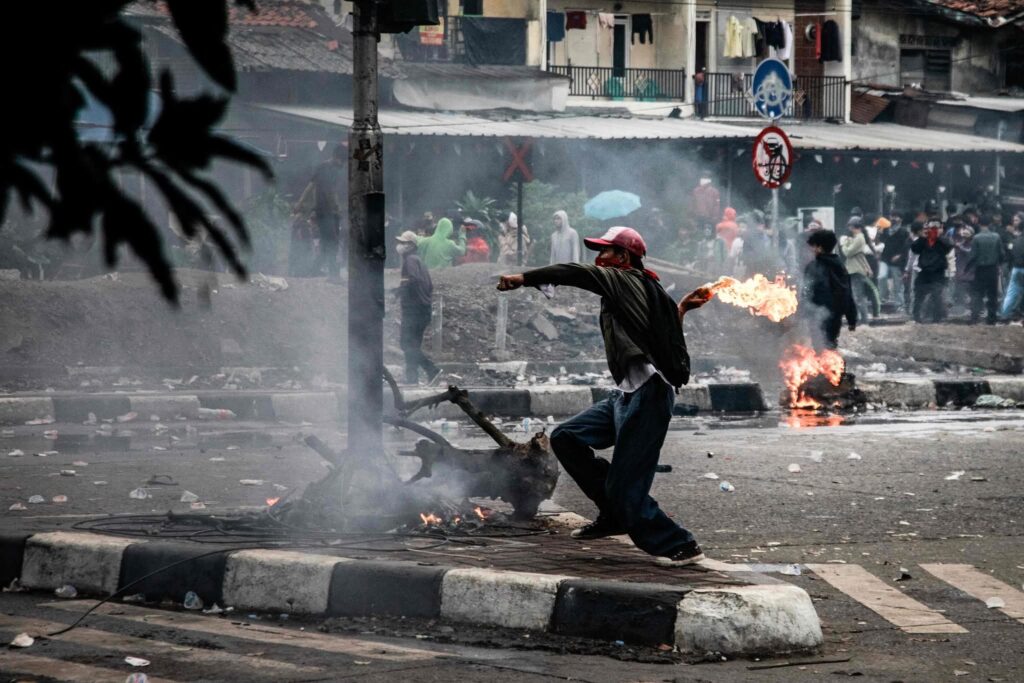




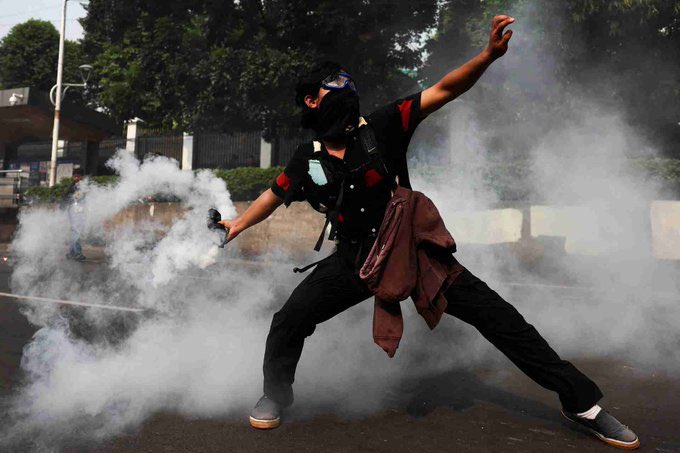
Read More
International
9th September 2025
Nepal: Communications | International
Editor
The past few days has seen a series of protests in Nepal. Around the world this has been reduced to a reactionary response by youth to a "social media ban". This is a shallow obfuscation of the actual situation which has seen a long build up across the counrty against the corruption, nepatisim and authoritarian […]
23rd August 2025
Green Energy’s Dirty Secret | International
Editor
Behind the glittering slogan of “green energy,” the reality on the ground tells a different story: deforestation, land grabbing from Indigenous communities, ecological destruction, increased carbon emissions, and a wave of criminalization against locals defending their land. Halmahera Island is a stark example. In this region, 1,465 land-based industrial permits have been issued—108 for metal-mineral […]
25th July 2025
Sowayda. A Testimony. | Current Events
Editor
The follow is a transcription of a messaged describing the situation on the ground in Suwayda following the horrific violence of the past weeks. It was shared with a network of anarchists on Monday 21 and we only publish now as they have safely departed Syria and have asked for following to be shared. Content […]
11th July 2025
Death Death to the IDF | Opinion
Ether
Where Most States Have an Army, Israel’s Army Has a StateIsrael is a militarised entity where the armed forces dominate politics, economics, and society. Palestinian liberation is impossible without its defeat. The Israel Defence Force (IDF) is the founder, enforcer and economic engine of Israel. The executive and legislature of "the only democracy in the […]
14th April 2025
Situation Rojava | Theory and Analysis
Editor
The collapse of the al-Assad regime closed a cycle opened in 2011 with the Arab spring, but more than a decade of war left new conflicts and old wounds that are still open, and won’t heal easily.
28th March 2025
Indonesia Strikes Back | Current Events
Editor
Drive back armed domination!Kick the military out of civilian affairs!Take back control over our lives! No Masters, No Slaves!Solidarity, Freedom, and Justice for All! These are just some of the calls to arms spreading like wildfire throughout Indonesia this past week as revolutionists, democracy protestors, students groups and working class rebels from across the political […]
